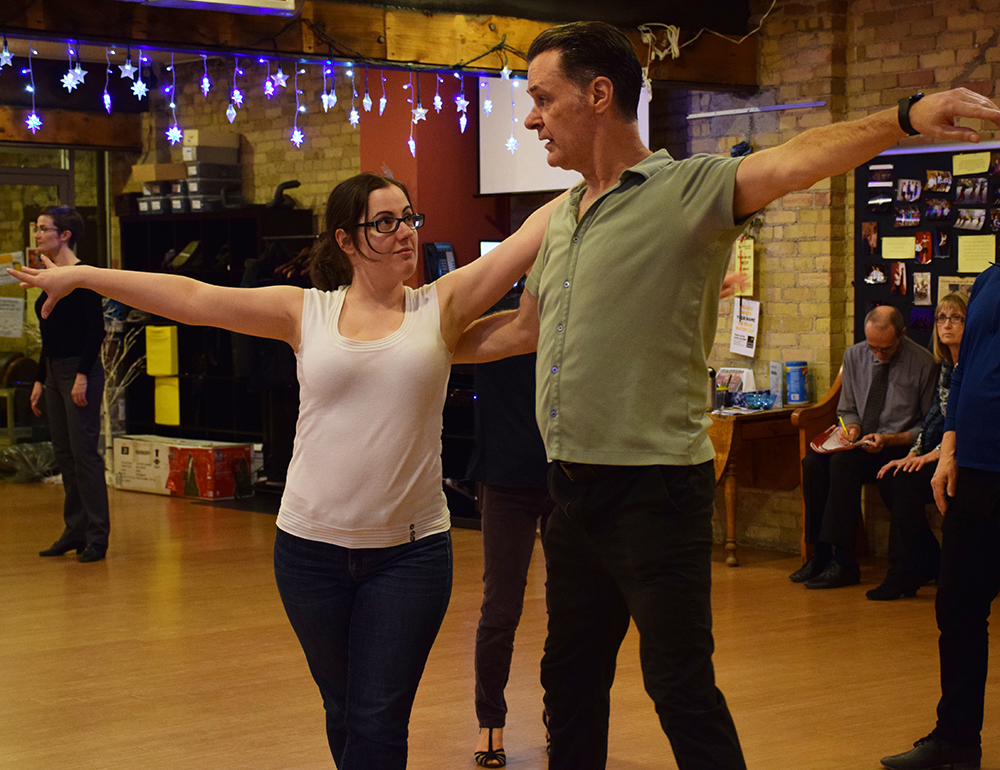You’re Better Than Your Brain Thinks

A lot of my students, most of them, have at one time or another complemented me on my patience. They seem to think they’re the worst dancers to walk the earth, and it requires some herculean effort on my part not to throw them out of class. In other words, they see themselves as much worse dancers than I see them.
We can blame the way our brain works for most of this, and most of the rest on our inexperience in evaluating other dancers. Adults long out of school are particularly vulnerable to self-judgement, as it’s easy to forget that most of what they’re apologizing for is simply part of the process of improving themselves.
The following is a few of the ways distorted thinking can work against our enjoyment of dancing. Do any sound familiar?
The comparison bias. We feel the “mistakes” we make much more easily than we can spot them in others. For example, a slight misstep can make us feel completely out of balance, but be almost invisible to the casual observer. No wonder it seems like everyone is learning faster than us!
The mistake-aversion bias. As if being more aware of our own mistakes than others wasn’t bad enough, many of us learned as kids that any mistake we make is bad. This limiting belief not only makes every stumble feel much worse, it inhibits our ability to grow as human beings – for how can we learn, if not through our mistakes?
The progress bias. We’ve grown so used to our body obeying our commands, that it’s easy to assume that learning to dance is a piece-of-cake – you just tell me what to do, and I do it, right? Well, not exactly – it takes time, sometimes years, to program your muscles to fire in just the right way.
Failure to immediately “get it”, especially in our age of instant gratification, can make us feel that there’s something wrong with us.
The comfort zone bias. Most people learn enough to raise a family and earn a living, but not much more. As there is little one can do to prepare for dance lessons without dancing, this can be an uncomfortable step. And that, naturally, can make us feel worse about our movements than someone unencumbered by pride or ego.
But don’t despair! While these mental biases can be formidable, they CAN be defeated – we’ll look at how next week.
About the Author
Ian Crewe has been dancing ballroom for over 18 years, and has a Licentiate in American smooth and rhythm. His passion for dance eventually led him to blogging and the World Wide Web. Ian currently teaches at the Joy of Dance Centre, Toronto, ON, Canada.

